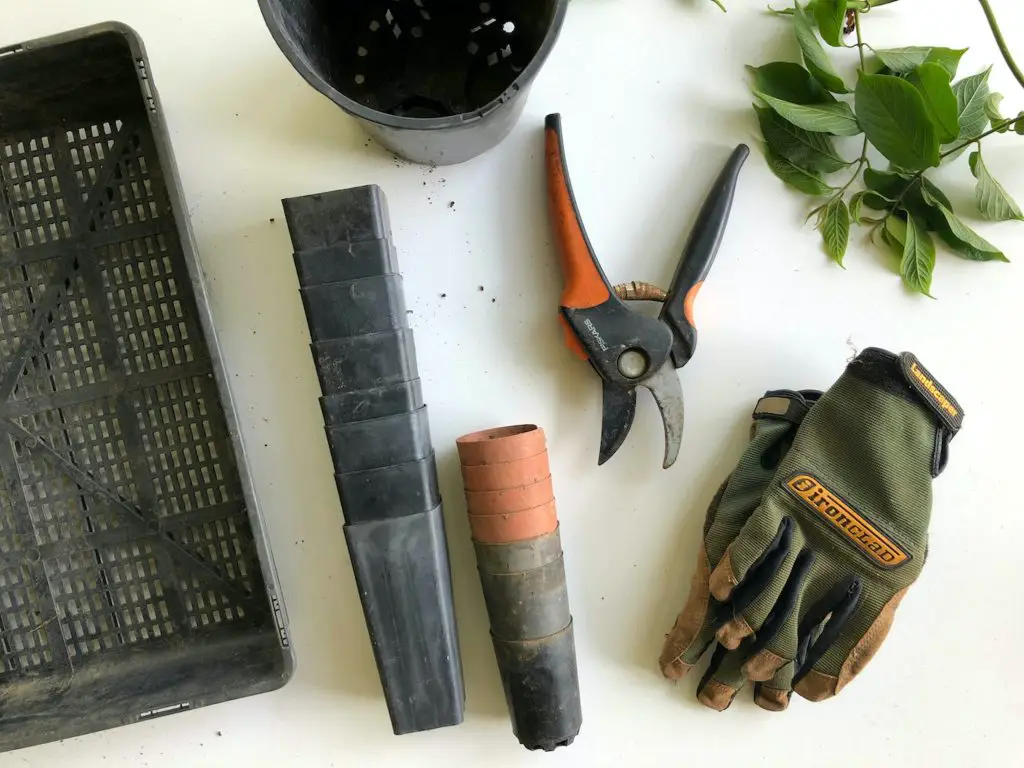Most homeowners have to maintain their own properties, which means you’re in charge of landscaping duties. Fortunately, with a few landscaping skills you cut down on costs, though not everything should be DIYed. In fact, some things are better left to professionals.

5 Landscape Basics Most Homeowners Can Handle
While you may feel that landscaping duties should be left up to professionals, there are actually plenty of things you can do that won’t just save you money. With the right attitude they’ll also help you feel more connected with your property and you’ll enjoy it more. .
1. Mowing Grass
Keeping grass at a manageable height is essential for any yard. Invest in a good gas or electric mower and keep your lawn neat and tidy. Use an edger to neaten up the borders and maintain a clean-looking lawn. Remember to cut your grass between 2½ to 3 inches long for best lawn health.
2. Mulching Flower Beds
Mulch helps retain moisture in the soil, limits weed growth, and protects plants from extreme temperatures. Add mulch around trees and shrubs for added protection during colder weather. Only apply mulch to the soil once you’re positive your plants have been planted correctly.
3. Pruning
Proper pruning ensures that bushes and trees stay healthy and look great over time. Trim back dead branches, remove any crossed limbs, or shape bushes to give them a more aesthetic appeal. If you’re unfamiliar with how to prune, watch a YouTube video or get trained by an expert.
4. Hardscaping
Update outdoor living spaces with hardscape elements such as patios, pathways, pergolas, or fire pits for added ambiance outdoors. Consider using Dynascape, an all-in-one business solution for landscape design, if you’re looking to add some structure to your landscaping projects.
5. Planting
Adding color to your yard with flowers is easy to do yourself. Choose perennials that come back each year or annuals that need replanting every season for variety. While many homeowners can plant flowers themselves, they should be cautious about planting large and expensive trees or shrubs. The larger the plant, the more risky it is.
5 Landscape Tasks You Might Leave to Professionals
Homeowners can take care of their lawns and prune shrubs, but you shouldn’t get overzealous. If you plan on doing the following 5 landscaping activities yourself, call a professional instead.
1. Fertilizing
Applying fertilizer to your lawn is an easy task, but things can go wrong here. Too little fertilizer and your plants won’t get the nutrition they need. Too much, and you could burn your foliage. The wrong kind of fertilizer can also damage your plants and lawn, sometimes beyond repair.
2. Soil Testing
Homeowners should conduct soil tests before they plant anything, as results can give you an idea of the type of nutrients they need in their soil. While home testing kits are available, they’re often wrong. You can achieve more accurate results when you hire a professional landscaper, or prepare your own test samples and send them off for analysis.
3. Treating Weeds and Pets
If you’ve ever tried to weed your lawn or remove pests yourself, you’ve likely found that it didn’t go well. The wrong weed killer could burn your lawn, while poor pest removal could make the problem worse. If you really want to get rid of these problems, speak to your local landscaper. Herbicides and pesticides can also be dangerous to you if you don’t handle them properly.
4. Diagnosing and Treating Disease
Doctors tell their patients not to diagnose themselves because it could lead to a lack of or wrong treatment. You shouldn’t diagnose or treat your plants, lawn, or trees for the exact same reasons. If you suspect a disease, call a landscaping professional who can help you quickly.
5. Irrigation Issues
Many homeowners have a built-in irrigation system that helps water their grass. When things go wrong, it can be tempting to fix it yourself. However, you could cause more damage or void any warranties or service programs, so only leave irrigation maintenance to experienced technicians.



